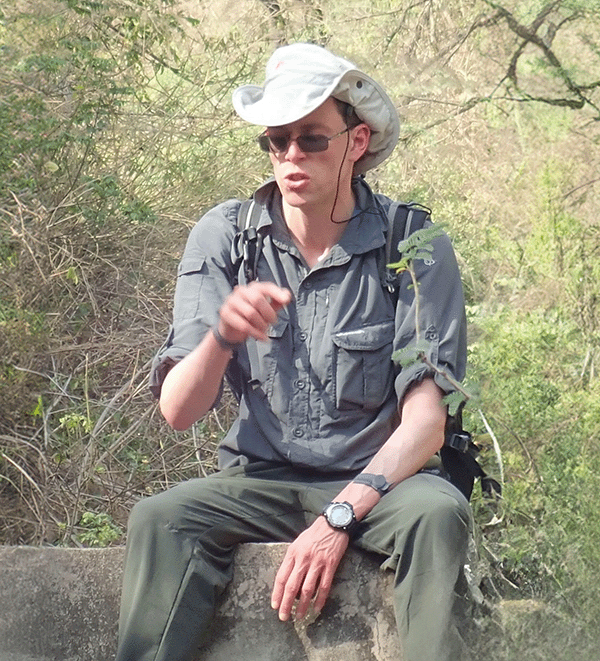

Tell us a little about yourself
I have been at the University of Cumbria since 2023. My career journey has always been about the world around me; what is there, how it was formed and continues to change, and how as a society we interact with Earth Systems.
I have worked in consulting engineering and academia (associated with Geography), delivering new knowledge and solutions to our challenges. Being (back) in Cumbria provides a new and exciting opportunity to strengthen existing work in the Himalayas and also develop new opportunities.
What’s your industry background
I worked as a geomorphologist and project manager in a multi-national consulting engineering company. This gave a real diversity of experience and perspectives, working with clients and stakeholders on environmental hazard and development projects, typically associated with rivers and slope instability.
This fuelled my desire to use science skills to assist society achieve more sustainable outcomes in the environment. I returned back to academia to share these experiences in a university setting, with students.
Can you tell us about your research?
My early research was focussed on sediment cascades and flood impacts in the English Lake District.
More recently, for over a decade, I have enjoyed the opportunity to develop a portfolio of research, teaching, placement and public engagement activities in the Indian Himalaya. Working alongside Indian and Canada academic partners, Indian government agencies, and local communities has contributed to flood history and Disaster Risk Reduction policy/practice, focussing on the states of Himachal Pradesh and Uttarakhand.
I have particularly enjoyed interdisciplinary creative approaches, for example using film, working with policy and practice stakeholders, and throughout sharing the learning and research opportunities with Indian and UK students.
What might surprise people to learn about you?
There are no surprises, sorry folks! It is all about mountains, walking and skiing, and maybe authentic Tarka Dhal and Missi Roti!
What modules do you teach?
I teach across the Institute of Science and Environment programmes at Ambleside, although I am particularly involved in those modules considering global challenges, catchment geomorphology and hydrology, and research skills/ dissertations.
As a Physical Geographer I have to say getting outside on field trips is the best thing and the most authentic laboratory for learning!
What’s your favourite thing about teaching at Cumbria?
Being in such an iconic landscape, with such a rich cultural and environmental history, we have such an amazing set of opportunities literally minutes from our door on campus. So come and join us, be part of our community!
What makes your course different?
For me, our significant commitment to field-based learning is powerful. We explore the region regularly, be it on our doorstep in the Lake District National Park or further afield to Scotland, Peak District or North Wales.
We also use Cumbria as a base to extend your learning globally. Whilst destinations vary, they all provide powerful and life changing cross-cultural opportunities to develop our shared learning community, global citizenship, and showcase the impacts and growing adaptations to anthropogenic climate change. These experiences are enriched via our research and practice-led partnerships in Asia and Europe to name a few.
What advice would you give to students considering studying on this course?
University is about getting involved, taking responsibility, developing your learning independence, and grasping the opportunities socially and academically. As we tend to be outside a fair bit, good quality outdoor kit, enthusiasm and a smile are the key things!
Visit our Geography course to find out more.
